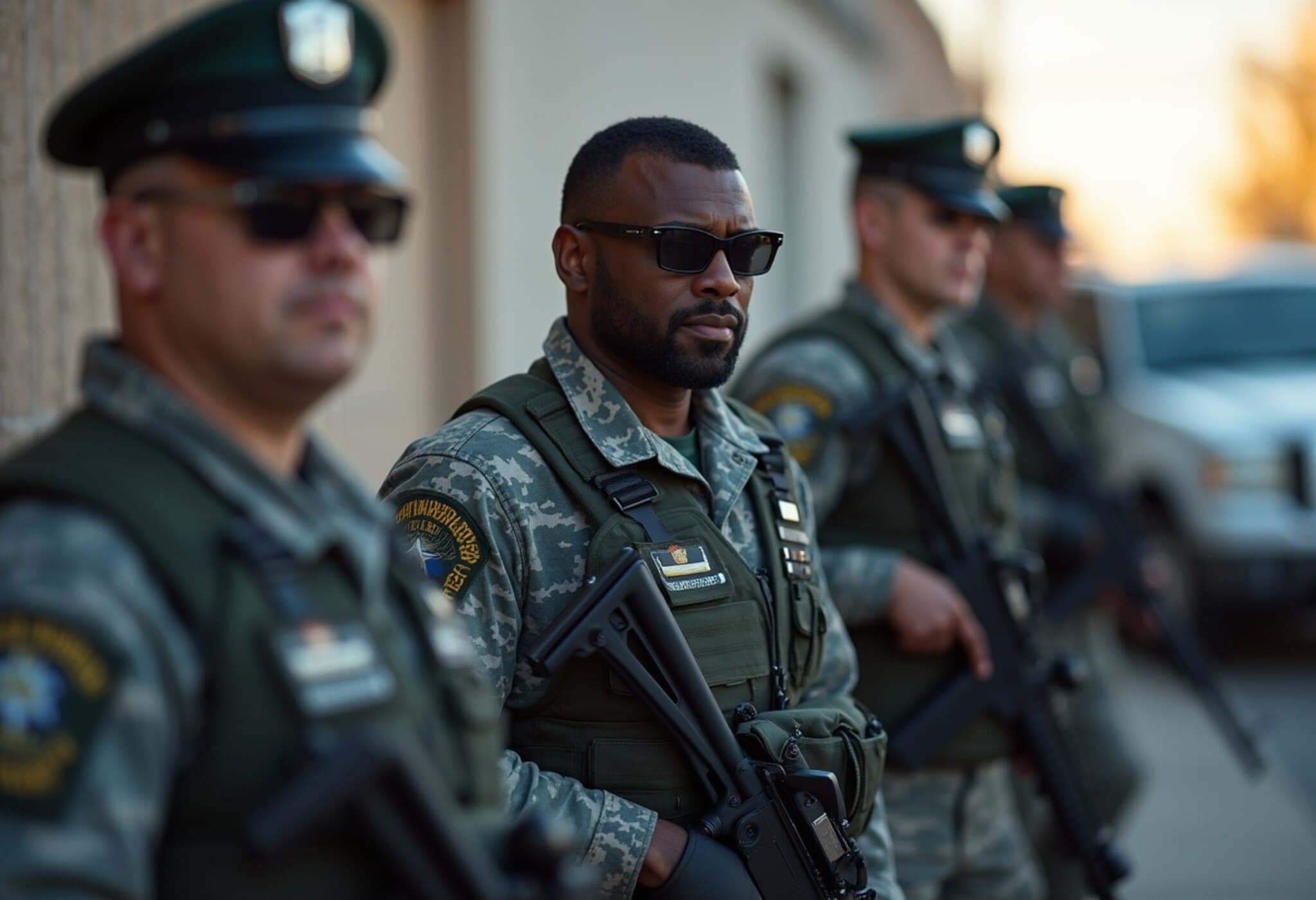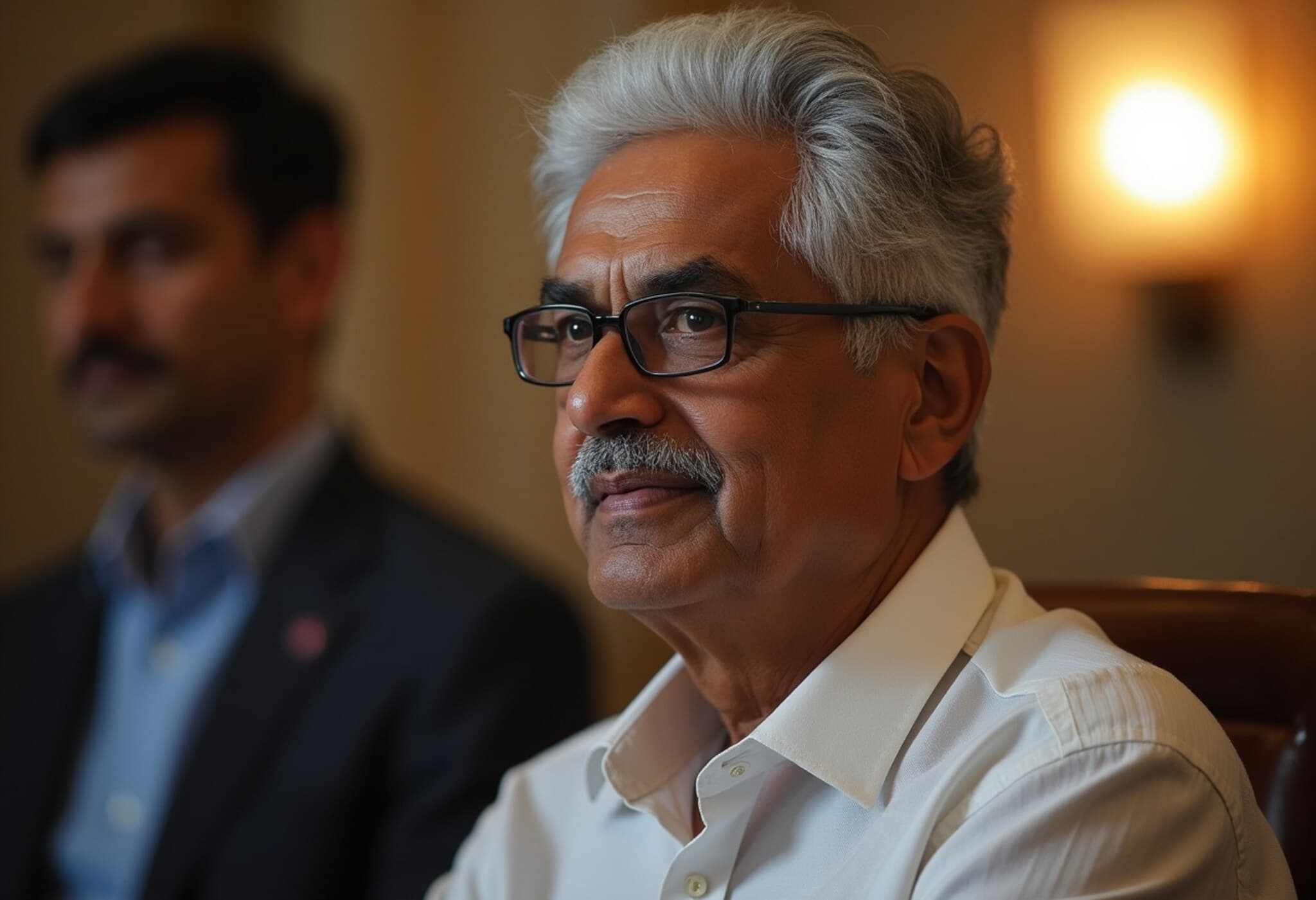Pentagon Mobilizes Civilian Workforce to Aid ICE Amid Heightened Immigration Crackdowns
In a significant escalation of federal involvement in immigration enforcement, the U.S. Department of Defense (DoD) has begun recruiting its civilian employees to volunteer in support of Immigration and Customs Enforcement (ICE) operations. This move comes as President Donald Trump’s administration pushes aggressively to ramp up deportation efforts and secure the nation’s borders.
New Volunteer Initiative Targets Nearly One Million Civilian Defense Workers
The Pentagon recently circulated an internal email inviting its vast civilian workforce — which numbers around 950,000 individuals — to volunteer for deployments assisting ICE and Customs and Border Protection (CBP). According to an email obtained by 404Media, this “volunteer force” will provide critical operational and logistical support to law enforcement agencies tasked with controlling and verifying immigration.
“The Secretary of Defense has authorized DoD civilian employees to participate in details to the Department of Homeland Security (DHS) to contribute to its operations along the Southern Border and its internal immigration enforcement activities,” the email stated.
Scope and Nature of Volunteer Duties
Details provided by the Pentagon indicate that volunteers could be deployed for periods up to 180 days at various facilities along the southern border and within the country. Importantly, these assignments are non-negotiable regarding location and may involve challenging, austere conditions.
A defense official speaking to The Guardian outlined the scope of possible volunteer responsibilities, which include:
- Data entry and administrative processing
- Operational planning and logistics support
- Throughput and processing assistance at detention centers
- General logistical coordination
These civilian details ensure employees maintain their full salary and benefits during the deployment period under the Pentagon’s memorandum authorized in June 2025.
Context: Expansion of Immigration Enforcement Forces
This initiative follows a June memorandum by the Secretary of Defense facilitating the detail of civilian employees to DHS, specifically to aid the administration’s declared priority of tightening border security and ramping up internal immigration enforcement.
Moreover, the Trump administration’s recent law, the Big Beautiful Bill Act, allocated funding to hire an additional 10,000 ICE agents, alongside incentives such as signing bonuses up to $50,000 and relaxed age requirements, indicating a broad strategy to enlarge immigration enforcement capacity across multiple fronts.
Expert Insights and Legal Context
From a policy perspective, this blending of military civilian workforce into immigration enforcement raises complex questions about the appropriate role of defense personnel in civil law enforcement.
Legal experts emphasize that while DoD civilian employees are distinct from active-duty military, their deployment in civil immigration operations necessitates stringent adherence to administrative protocols to prevent mission creep and ensure protection of civil liberties. Furthermore, the use of volunteer civilian employees signals efforts to stretch federal resources without the need for formal increases in law enforcement personnel.
Underreported Angles and Public Concerns
What remains less discussed is the impact on the civilian workforce morale and the potential strain on Pentagon operations as large numbers of civilians temporarily leave their primary responsibilities. The mandatory non-negotiability of deployment locations also raises questions about employee choice and workplace rights.
Additionally, the humanitarian and constitutional implications of mass deportations undertaken with expanded federal support continue to be a flashpoint in public debate, with immigrant rights advocates voicing concerns about due process and community safety.
Summary
The Pentagon’s call for civilian employees to volunteer in immigration enforcement represents a clear intensification of federal efforts to secure America’s borders under the Trump administration. While designed to augment ICE and CBP operations, the initiative opens a broader conversation around the militarization of immigration enforcement, the role of defense personnel in civil matters, and the human impact of such policies.












